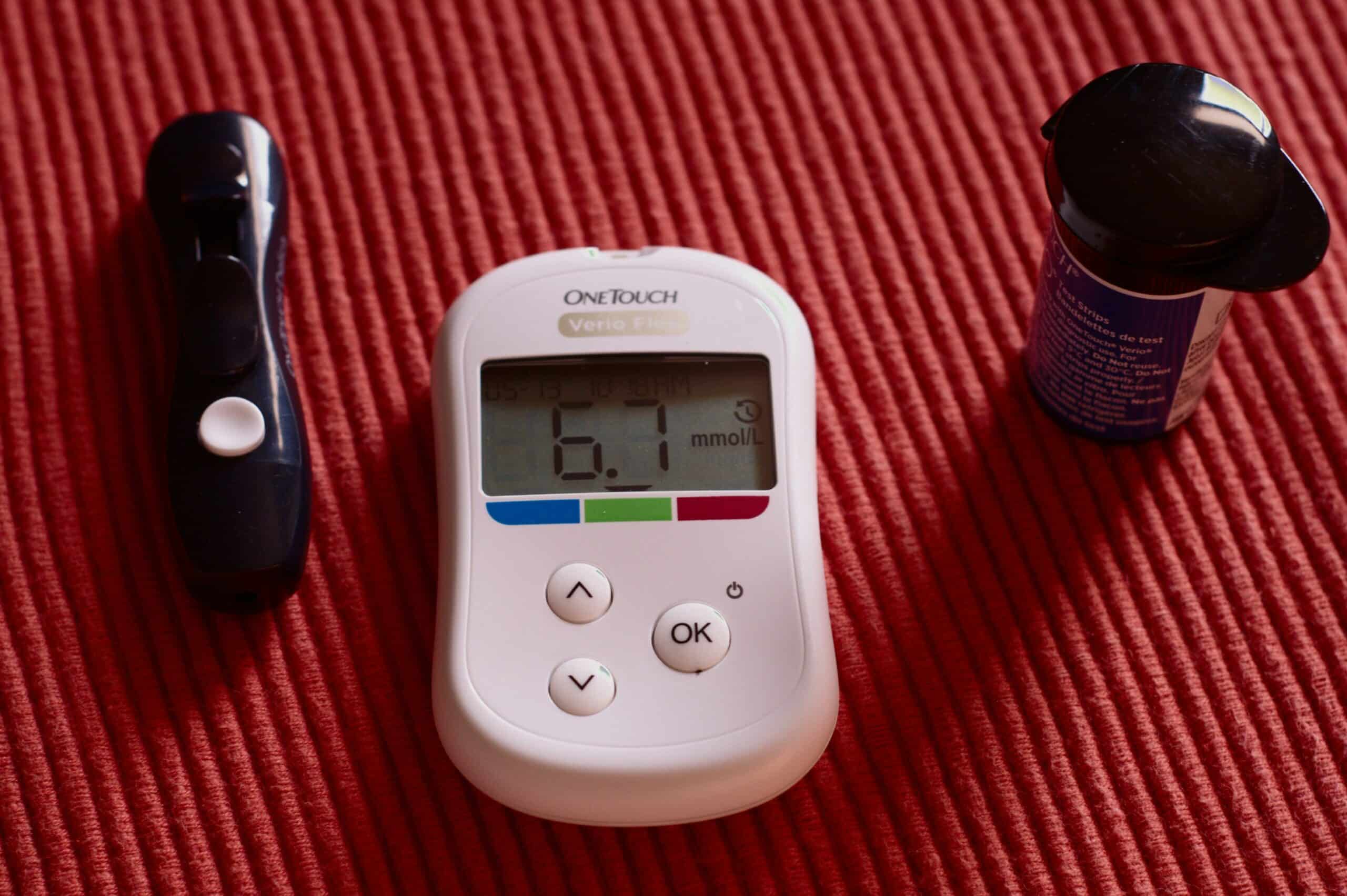Can you truly lead a normal life while managing diabetes? This is a question many individuals diagnosed with diabetes ponder as they navigate their daily realities. It’s a legitimate concern, and the first step toward finding your answer is understanding the disease itself and how it affects your life.
Understanding Diabetes
Diabetes is a chronic condition that arises when the body does not produce enough insulin or cannot effectively use insulin. Insulin is crucial for converting sugar, starches, and other food into energy. There are several types of diabetes, the two most common being Type 1 and Type 2.
Type 1 Diabetes
Type 1 diabetes occurs when the immune system attacks insulin-producing beta cells in the pancreas. It typically manifests in childhood or early adulthood and requires individuals to manage their insulin levels through injections or an insulin pump. Living with Type 1 diabetes means you must be vigilant about monitoring your blood sugar levels.
Type 2 Diabetes
Type 2 diabetes is more common and usually develops in adulthood, although it is increasingly seen in younger populations due to rising obesity rates. In this type, the body either becomes resistant to insulin or doesn’t produce enough. Management often includes lifestyle changes such as diet and exercise, and some individuals may require medication.
Gestational Diabetes
This form of diabetes occurs during pregnancy and usually disappears post-delivery. However, it puts the mother and child at increased risk for developing Type 2 diabetes later in life.
Living a Normal Life with Diabetes
You might have heard myths suggesting that a diabetes diagnosis forces you to abandon all hope of living a normal life. This isn’t the case. With the right knowledge and adjustments, leading a fulfilling life with diabetes is entirely achievable.
Lifestyle Changes
Adjusting your daily habits is essential in managing diabetes effectively. Here are some lifestyle changes you can implement:
Healthy Eating
Creating a balanced meal plan is your foundation for managing diabetes. Include a variety of foods, focusing on:
- Whole grains: They help maintain steady blood sugar levels.
- Fruits and vegetables: Packed with essential vitamins and fiber, they should make up a significant part of your diet.
- Lean proteins: Foods like chicken, fish, legumes, and tofu can satisfy your hunger without spiking your blood sugar.
Here’s a quick comparison of the glycemic index of common foods:
| Food | Glycemic Index |
|---|---|
| White Bread | 70 |
| Brown Rice | 55 |
| Oatmeal | 50 |
| Apples | 38 |
| Carrots | 47 |
Choosing foods with a lower glycemic index can help you manage your blood sugar more effectively.
Regular Physical Activity
Engaging in physical activity vastly improves insulin sensitivity and aids in maintaining a healthy weight. Aim for at least 150 minutes of moderate aerobic exercise each week. This could include walking, cycling, swimming, or even dancing.
- Find activities you enjoy: This makes it easier to stick with a routine.
- Incorporate strength training: At least two days a week of strength exercises can further enhance muscle mass and metabolism.
Stress Management
Stress can adversely affect your blood sugar levels. Therefore, it’s vital to incorporate stress-management techniques into your daily routine. Consider activities like:
- Meditation: Taking a few moments each day for mindfulness can significantly lower stress.
- Yoga: Not only does yoga help build physical strength, but it also encourages relaxation.
- Deep breathing exercises: Simple breathing techniques can help ease tension throughout the day.

Medical Management
Managing diabetes often requires regular medical check-ups. You’ll need to monitor your blood sugar levels and might have to take medications.
Blood Sugar Monitoring
Keeping track of your blood sugar is crucial. You may need to check your levels several times a day, especially if you are on insulin. Understanding how different foods, activities, and stress affect your blood sugar levels is vital for managing your diabetes successfully.
Medication and Insulin Therapy
Your doctor may prescribe medications to improve insulin sensitivity or regulate blood sugar levels. Here are some common forms of diabetes management:
- Metformin: Often the first line of defense in Type 2 diabetes.
- Insulin therapy: Essential for Type 1 diabetes management and potentially necessary for some Type 2 diabetics.
Your healthcare provider will personalize your treatment plan based on your specific needs.
Building a Support System
Having a solid support system is key in your journey with diabetes. Surround yourself with friends, family, and even healthcare professionals who understand and can help you manage your condition.
Diabetes Education
Consider attending diabetes education programs or workshops where you can learn more about your condition. Knowledge empowers you to make informed decisions about your health.
Support Groups
Joining a local or online support group can be incredibly beneficial. Connecting with others who share similar experiences can provide encouragement, new insights, and strategies for coping with daily challenges.

Making Social Connections
Being socially active can sometimes feel daunting when you have diabetes, but it’s important to remember:
Inclusive Dining
When you are out with friends or family, don’t shy away from dining out. Communicate your dietary needs, and most places will accommodate you. It’s also helpful to check menus in advance.
Celebrating Special Occasions
Celebrations are a part of life, and that shouldn’t change due to diabetes. You can still enjoy parties and holidays by planning ahead and making smart choices. Bring along some delicious diabetic-friendly dishes to share.
Traveling with Diabetes
Traveling can be done while managing diabetes with some extra preparation.
- Pack your supplies: Always have enough medication and food on hand.
- Research food options: Knowing where you can find healthy meals is crucial.
- Time zone considerations: Adjust your medication schedule accordingly.
Mental Health Matters
Living with a chronic condition can take a toll on your mental health. It’s essential to monitor your emotional well-being as much as your physical health.
Recognizing Signs of Burnout
Being persistently focused on managing diabetes can be exhausting. If you find yourself overwhelmed or disengaged, it may be time to address these feelings.
Seeking Professional Help
Don’t hesitate to reach out to a therapist or counselor who can help you learn coping strategies and explore your feelings.

Conclusion
Living a normal life with diabetes is not only possible but entirely achievable with the right mindset, knowledge, and practices. You are not alone on this journey. By understanding the condition, making informed lifestyle choices, building a network of support, and prioritizing your mental and emotional health, you can live a full, vibrant life.
While there may be bumps along the way, remember that your experience as a person with diabetes offers unique insights into resilience and adaptability. Embrace this chapter of your life as part of your story and navigate it with grace, courage, and hope. You can manage diabetes and live your life to the fullest, showcasing your strength and determination each day.